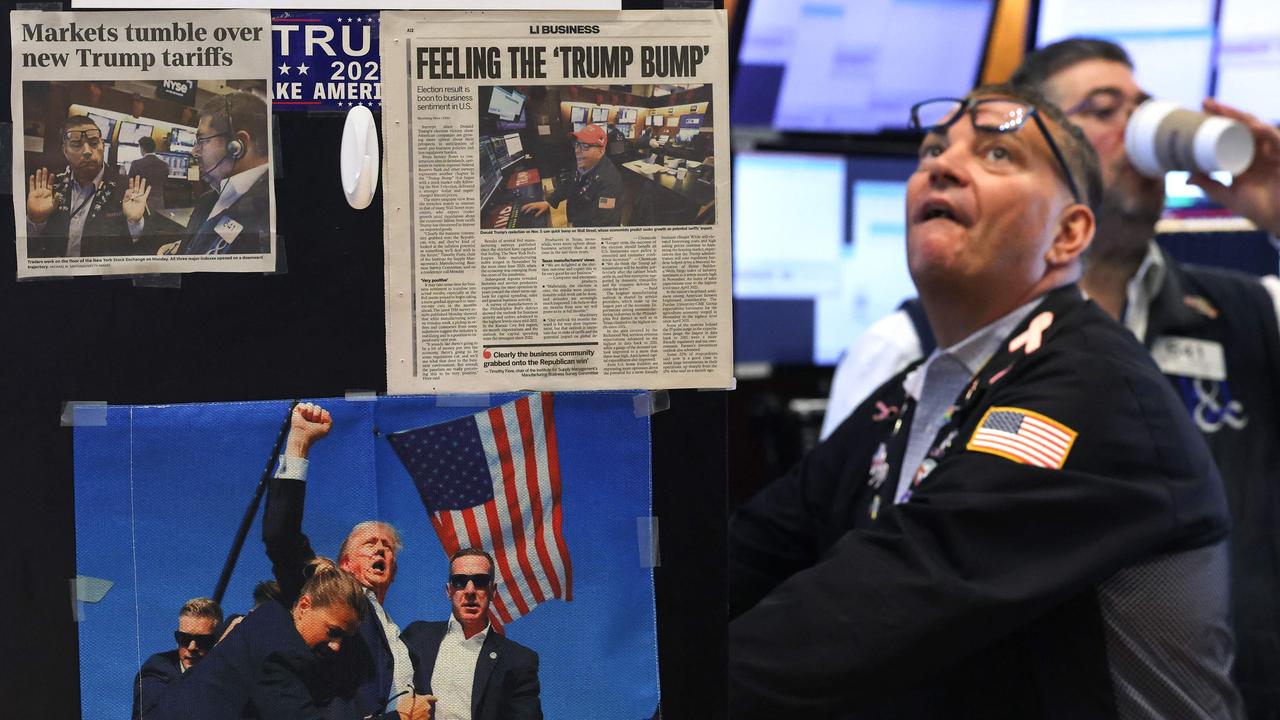New super tax threatens ‘erratic’ outcomes as realities of trying to tax unrealised gains become clear


Many investors and advisers have complained about the nature of the so-called “wealth tax” which adds another 15 per cent tax to the earnings of balances above $3m in super. The plan to base the tax on unrealised, or paper, gains is both controversial and unprecedented.
Professionals examining how the tax may work have warned about the amount of additional work the new tax will impose on investors – especially more than one million independent investors with self managed super funds.
Currently the plan is to tax the change in a super investor’s total assets each year as measured by their total super balance. In itself this has infuriated investors who will be taxed on notional changes in asset values, such as a revaluation to an investment property.
Or as consultants at William Buck have put it in a client note: “A contentious feature of the draft legislation is the inclusion of notional (unrealised) gains in the calculation of superannuation balances, alongside actual gains. This could result in some taxpayers attracting a liability for profits or gains they never benefit from.”
Colonial First State head of technical services and a prominent voice on super Craig Day has outlined how the tax will be tortuously complicated due to additional requirements relating to withdrawals or contributions made over the course of a financial year. The investor will need to deduct the value of any contributions and add back the value of any withdrawals.


“Unfortunately with complexity like this, people are bound to make mistakes and that just adds to the cost and compliance of these proposals,” Day says.
With investors and super professionals getting a better understanding of the realities of the new tax – tagged as Division 296 – there is now a strong push by the SMSF Association to get the government to discard the planned arrangements and instead switch to a model based on a deeming rate.
The deeming rate – under which the government “deems” or assumes a rate of return that is linked with the 90 day bank bill rate – is already well established in the retirement system through the deeming rules which govern access to the aged pension.
“What’s is currently planned will be an erratic arrangement. We would prefer to base it all on actual taxable earnings but if that proves to be too difficult then the deeming method is established and well accepted already in the super system,’ says SMSF Association chief executive Peter Burgess.
The Institute of Financial Professionals Australia has also added its voice to protests about the tax, with head of super Natasha Panagis saying “there is nothing equitable or fair about taxing individuals on unrealised gains from assets they have not sold”.
For now the legislation to introduce the “unindexed” tax is still before the Lower House. A number of parliamentarians, including independent member for Wentworth Allegra Spender and Senator David Pocock, have reportedly expressed concern about the nature of the tax. The legislation will be reviewed when it goes before the Senate.
The crux for advisers and investors is how to execute saving strategies with an unclear picture on the proposed tax.
The tax is due to commence in July next year and the first tax bill that matters to super investors will arrive on the basis of amounts kept in super accounts at the end of the 2025-2026 financial year.





The new superannuation tax is set to trigger a range of unexpected and additional reporting requirements and that has the wider investment sector up in arms.